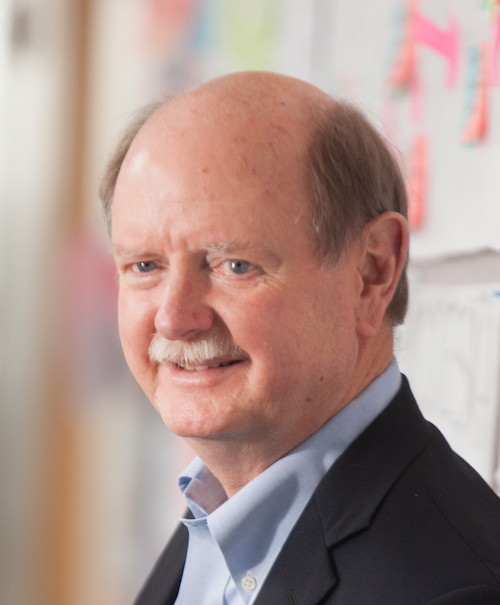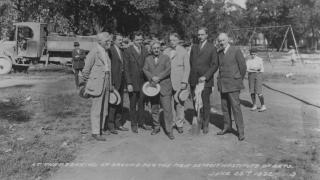There's no shortage of great commentary about the issues facing higher ed these days. For you, how do you frame some of the biggest current — and emerging — challenges?
I think I would say that the biggest problem in higher education today is the widespread erosion of public trust. The Pew survey last summer showed that 61 percent of Americans believe that higher education is “headed in the wrong direction.” Of those Americans who believe higher education is headed in the wrong direction, 84 percent say high tuition costs is the main reason for their discontent. About 65 percent say students are also not learning the right workplace skills. About half are concerned that professors bring their political and social views into the classroom and 54 percent believe that colleges and universities are too concerned about protecting students from potentially offensive views. A recent Gallup study found that many Americans feel that a high school diploma provides better preparation for a career than does a bachelor’s degree in liberal arts. I see these studies as warning signs on the dashboard. Unless we can regain the public trust, the future of higher education could be in doubt.
In response, we're seeing all kinds of innovative thinking about how we can do things differently. What are some of the ideas that stick out to you that have the potential to really transform the higher ed landscape for the better?
MIT released a study in 2018 titled “The Global State of the Art in Engineering Education.” The study’s author, Dr. Ruth Graham, interviewed 50 global thought leaders in engineering education to find out what characterized the approach taken by these top-ranked institutions. I am proud to say that Olin was on list. Perhaps more importantly than what institutions were on the list, Dr. Graham found there were certain kinds of pedagogical features shared by the current leaders in engineering education. Those included multiple hands-on opportunities, experiential learning throughout the curriculum, the application of user-centered design principles and partnership with industry. If we can spread these principles to other institutions within engineering, and even more widely to liberal arts institutions I think that will have the potential to transform the higher education landscape for the better.
We heard one commentator describe Olin as "small in size but large in impact." What's the recipe for punching above your weight as an institution?
I believe Olin has an outsized impact in relation to its size because we are an institution with a dual mission. We educate students, of course, but Olin also acts as a national educational design laboratory. The fact that we are a small school has given us the opportunity to be nimble. Everything at Olin has an expiration date, including our curriculum. This has allowed us to react quickly to new ideas and implement changes across the institution. For years our students have been working on multiple projects in teams. Our teaching methods are student-centered and go beyond traditional engineering disciplines to include arts, humanities and social sciences and most recently ethics and social responsibility.
We have had visitors from around the world come to Olin to find out more about how we do things. Of course, we always say don’t copy what we do, learn from us and invent your own process.
One of your central ideas is that the shift toward an innovation economy means that education can’t just be about conveying knowledge or skills anymore. We have to help students develop a “mindset” that nurtures innovation. First, can you explain what you mean by that? And how exactly do you teach a “mindset”? That is, how do we reorient a university education system to support that?
The innovation economy, the idea that knowledge, entrepreneurship, innovation, technology and collaboration are all going to fuel our economic growth in the future, means that college graduates will have to have certain skills and mindsets to be successful.
Higher education will need to assume a degree of responsibility for shaping the mindset of the next generation and developing those skills. The benefits of doing so appear to be important both to the university graduate and also to society in general. A culture shift within the educational system will be required in order to achieve this because the process of changing mindsets involves changing personal beliefs, identity and intrinsic motivation. To do this across a university, a significant number of faculty (or staff) members must play the role of a mentor to students. The level of personal engagement will have to be substantial moving forward. We will have to change what we teach and also change how we teach.
The Strategic Thought Leaders Series with Olin College of Engineering President Richard Miller will take place Wednesday, March 20, at 2:30 p.m. in 1500 Social Sciences Building. RSVP for the event online. UM-Dearborn will next welcome U-M President Mark Schlissel on Wednesday, April 3.







